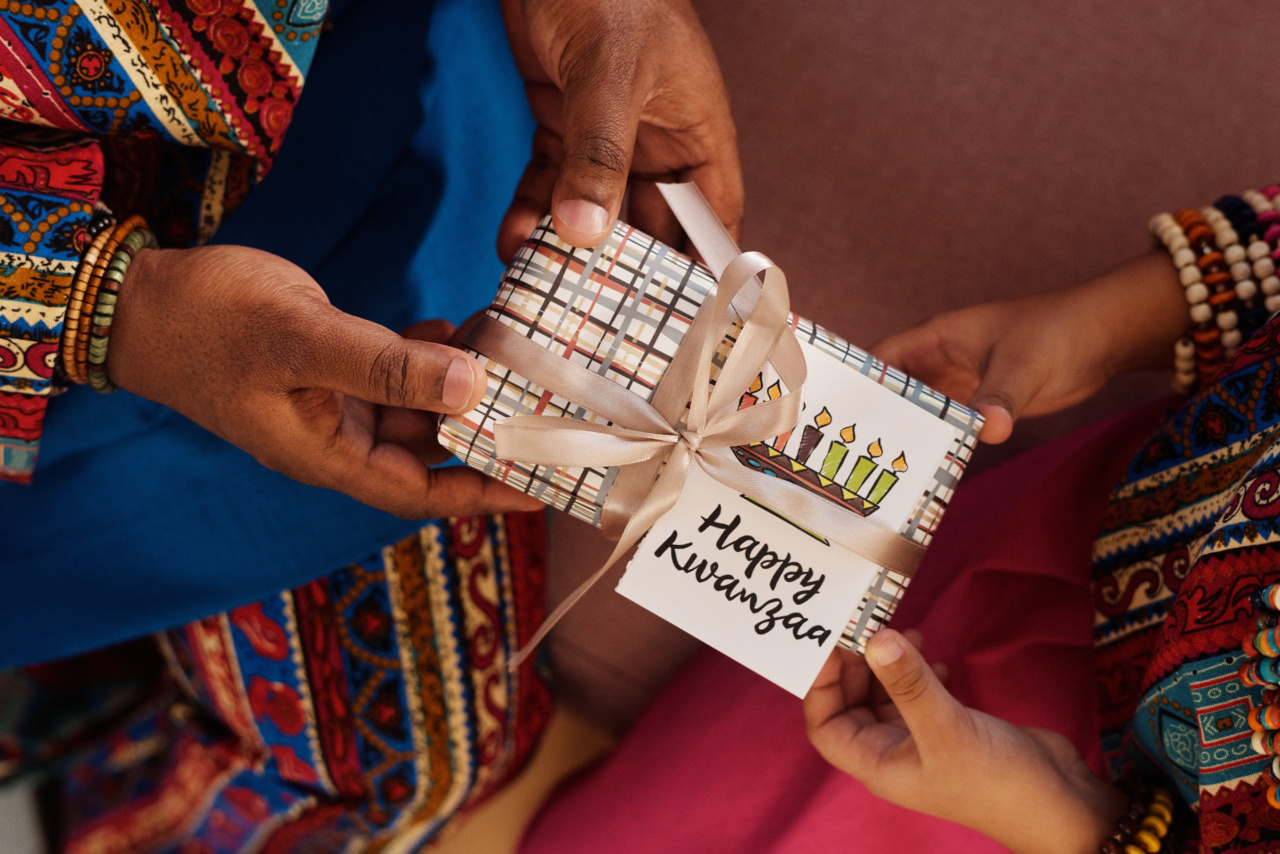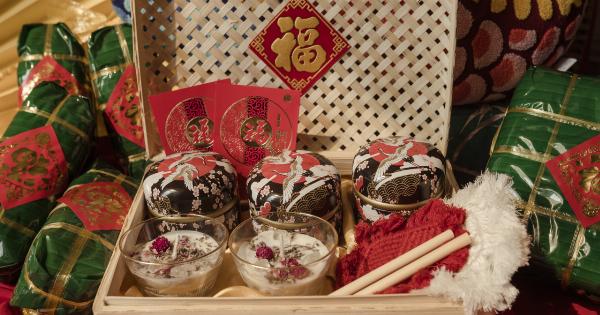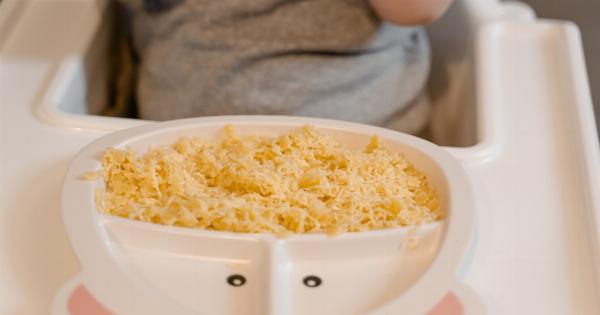The arrival of a newborn is celebrated with joy and excitement in communities around the world. While the customs and traditions vary across different cultures, the essence remains the same – to welcome and celebrate the precious new life.
In many global communities, specific rituals and gift-giving practices have been passed down through generations, reflecting their unique cultural heritage.
1. Asian Traditions
Asian cultures have rich traditions associated with newborns, emphasizing family unity, protection, and blessings.
In Chinese culture, it is customary to present the newborn baby with a red envelope containing money symbolizing good fortune and prosperity. Japanese households often celebrate the birth of a baby by hanging colorful flags known as “koinobori.”.
2. African Customs
Africa boasts a diverse range of newborn traditions. In many African communities, there is a strong emphasis on community and extended family support. In certain tribes, traditional ceremonies are held to introduce the newborn to their ancestors.
Additionally, elders or community members may gift items such as handwoven blankets, traditional clothing, or symbolical items representing blessings and protection.
3. Western Traditions
In Western societies, baby showers have become a popular tradition for expecting parents. These pre-birth celebrations often involve close friends and family, who offer gifts for the baby.
Common baby shower gifts include clothing, toys, and practical items like diapers and feeding supplies. Furthermore, Western countries often practice the tradition of sending birth announcement cards to inform friends and relatives about the arrival of the newborn.
4. Indigenous Cultures
Indigenous cultures maintain their age-old traditions when it comes to welcoming newborns.
Native American tribes, for example, have rituals involving smudging with sage, singing traditional songs, and offering symbolic gifts to honor the newborn’s spirit and protect them from negative energies. Each tribe may have its own unique practices and beliefs surrounding the arrival of a new baby.
5. Middle Eastern Practices
In Middle Eastern cultures, families celebrate the arrival of a newborn with religious and cultural customs.
In some Muslim communities, the Aqiqah ceremony is held seven days after birth, which involves the sacrifice of an animal and offering food to the less fortunate as a way of sharing blessings. It is also customary to give gifts such as gold or silver items to symbolize prosperity and protection for the newborn.
6. Latin American Celebrations
Latin American communities embrace lively celebrations to welcome newborns. In countries like Mexico, the christening ceremony known as the “bautizo” is a significant event.
It involves baptism, followed by a reception where family and friends gather to celebrate. Guests often bring gifts for the baby, such as clothes, toys, and religious items.
7. European Traditions
Europe has a wide range of newborn traditions influenced by its diverse cultures.
For instance, in Spain, the “baby shower” takes the form of a “baby party” known as “Bautizo” or “Pañalera.” Guests bring gifts and enjoy food and drinks together. Similarly, in Greece and other Orthodox Christian countries, the baptism ceremony is an essential event where the newborn is officially introduced to the faith.
8. Oceanic Cultures
The indigenous peoples of Oceania have unique practices to mark the arrival of a new baby. In Maori communities in New Zealand, the “pōwhiri” ceremony is performed to introduce the newborn to the tribe.
In Polynesian cultures, specially handcrafted items like tapa cloth and carved wooden objects are presented as gifts, symbolizing love, protection, and cultural heritage.
9. Indian Customs
India is renowned for its colorful and vibrant traditions associated with welcoming newborns. In Hindu families, various customs are followed, such as the “Namkaran” or naming ceremony, where the baby’s name is officially announced.
Friends and family offer gifts such as gold jewelry, clothing, and blessings for the baby’s future prosperity.
10. Native European Practices
Native European cultures have their own distinct traditions for newborns.
In Scandinavian countries, the “baby box” is a popular tradition where expectant parents receive a box full of essential items for the baby, including clothing, blankets, and diapers. This practice aims to support every child’s equal start in life and promote a sense of community.
As we delve into the world of newborn traditions and gift-giving in global communities, it becomes evident how each culture cherishes and celebrates the arrival of a new baby in its own unique way.
These diverse practices not only demonstrate the importance placed on family, community, and blessings but also represent the rich tapestry of humanity’s cultural heritage.































